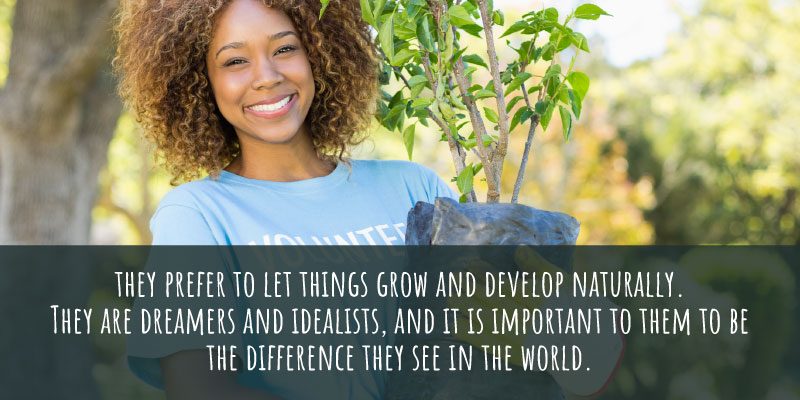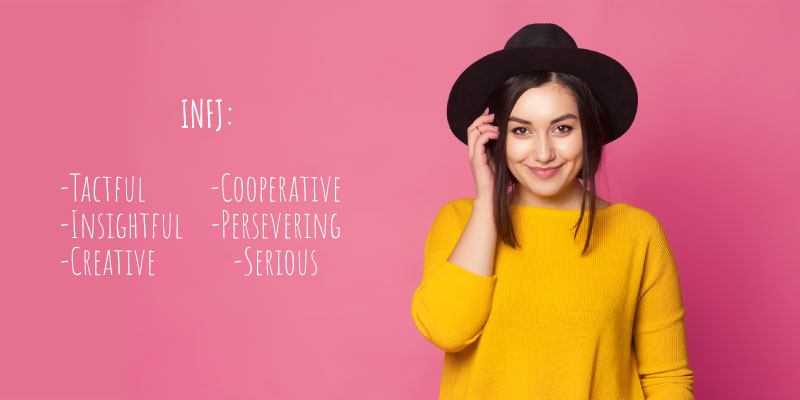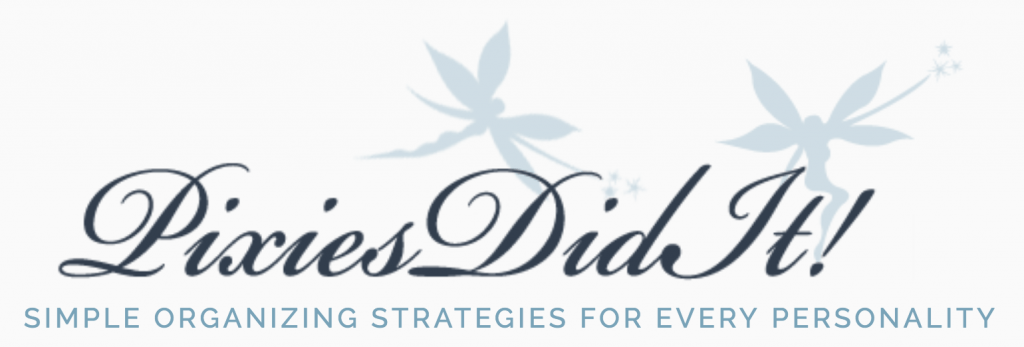Personality Type of Organic Organizers
As many of you already know, we here at Pixies Did It believe that if you know your personality type, you’ll be a better and more efficient organizer. We took a bit of our own ideas and combined them with some Jungian psychology and Myers Briggs personality type theory and came up with four basic types of organizers: Classics, Funs, Organics, and Smarts. From there, we created subtypes of each original type, thereby creating 8 different personality types to guide you in your journey to getting and staying organized…. YOUR way.
Don’t know what your type is? Visit our website and take our Pixie Quiz to determine your type. Then, if you feel you’ve found it, check out our book, Organize Your Way: Simple Strategies for Every Personality. It’s available on Amazon, and chock full of information on each type and how they navigate through the process of home and life organization. We go into explicit detail on how each type differs from the next, what each type’s strengths and weaknesses are, and how to work with those qualities to keep your life and home, if not stress-free, then clutter-free.
First, let’s talk about the Myers Briggs types that correspond to the two Organic Pixie personality types: Organic Structures and Organic Freedoms. Not familiar with the Myers Briggs personality typing system? No worries — we’ll go over it briefly in the following paragraphs. But first, let’s talk a bit about Organic types in general.
Organic Organizers

So who are Organics? Let us explain. Organic types are, well, organic. Meaning: they prefer to let things grow and develop naturally. They are dreamers and idealists, and it is important to them to be the difference they see in the world, whether it be within their small neighborhood or the community at large. There are two types of Organics: Organic Structures and Organic Freedoms. Organic Structures like to plan things out, but not in a controlling manner. They have day planners, their piles are methodical and neat, and they (mostly) follow through with their routines. They, as their label implies, prefer to live within a structure rather than floating freely, like their Organic Freedom counterparts. Organic Freedoms are much more loose in the way they organize and live day to day. They don’t mind routine much. They just don’t like to feel confined to it, and thusly break it often. As we say on our website, Organic Freedoms “like to live life rather than control it.”
ENFJ/INFJ: Organic Structures
The Myers Briggs Personality Type Indicator was formulated in the 1940’s by a woman named Isabel Briggs Myers, and was based on her research of Jungian personality theory developed by the renowned psychoanalyst, Carl Jung. Jung believed that every individual’s personality could be separated into two different categories: the ways in which people preferred to view the world according to Perception or Judgment. From myersbriggs.org:
“Perception involves all the ways of becoming aware of things, people, happenings, or ideas. Judgment involves all the ways of coming to conclusions about what has been perceived. If people differ systematically in what they perceive and in how they reach conclusions, then it is only reasonable for them to differ correspondingly in their interests, reactions, values, motivations, and skills.”
Briggs Myers developed 16 different personality types based on this theory, using the following indicators:
E/I: Extroversion or Introversion
S/N: Sensing or Intuition
T/F: Thinking or Feeling
J/P: Judging or Perceiving
Extroversion versus Introversion is fairly straightforward, and refers to the ways in which people interact and focus on their outer (E) or inner (I) worlds. Sensing versus Intuition refers to the ways in which people process information. Thinking versus Feeling refers to the way people make decisions. And Judging or Perceiving refers to the way people respond to the outside world — in other words, how they prefer to structure the information that is given to them.
Some qualities of ENFJs and INFJs / Organic Structures are:
ENFJ:
-Sociable
-Enthusiastic
-Imaginative
-Appreciative

INFJ:
-Tactful
-Cooperative
-Insightful
-Persevering
-Creative
-Serious
ENFP/INFP: Organic Freedoms
Some qualities of ENFP and INFP are:
ENFP:
-Enthusiastic
-Insightful
-Caring
-Spontaneous
-Playful
-Future-oriented
INFP:
-Quietly caring
-Creative
-Idealistic
-Adaptable
-Independent
-Pursues/seeks meaning
-Harmonious

As you can see, many of these qualities overlap: However, there are subtle differences that are relevant to the way they organize and live their lives. For example, Organic Structures make piles not because they are lazy, but because they need to see things to remember them. Organic Freedoms are similar in that they also have visual memories, but there is less of a method to their madness pile-wise. Our best advice for Organic Structures when they get overwhelmed by organizational pitfalls — which will happen — is to hire someone, or enlist a friend to help. If you buy our book and email us at pixiesdidit.com about it, we’ll enter you to win a FREE organizational consultation with us! You never know: It just might change your organizational life. And it certainly will orient you with your strengths and weaknesses! Take the quiz, buy the book, email us, and enter to win — it’s that simple.
